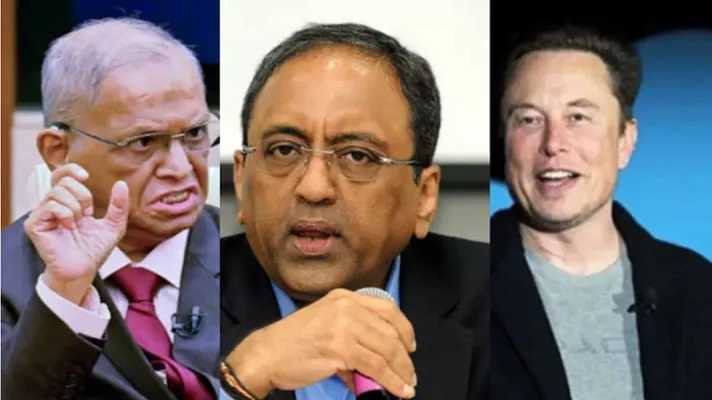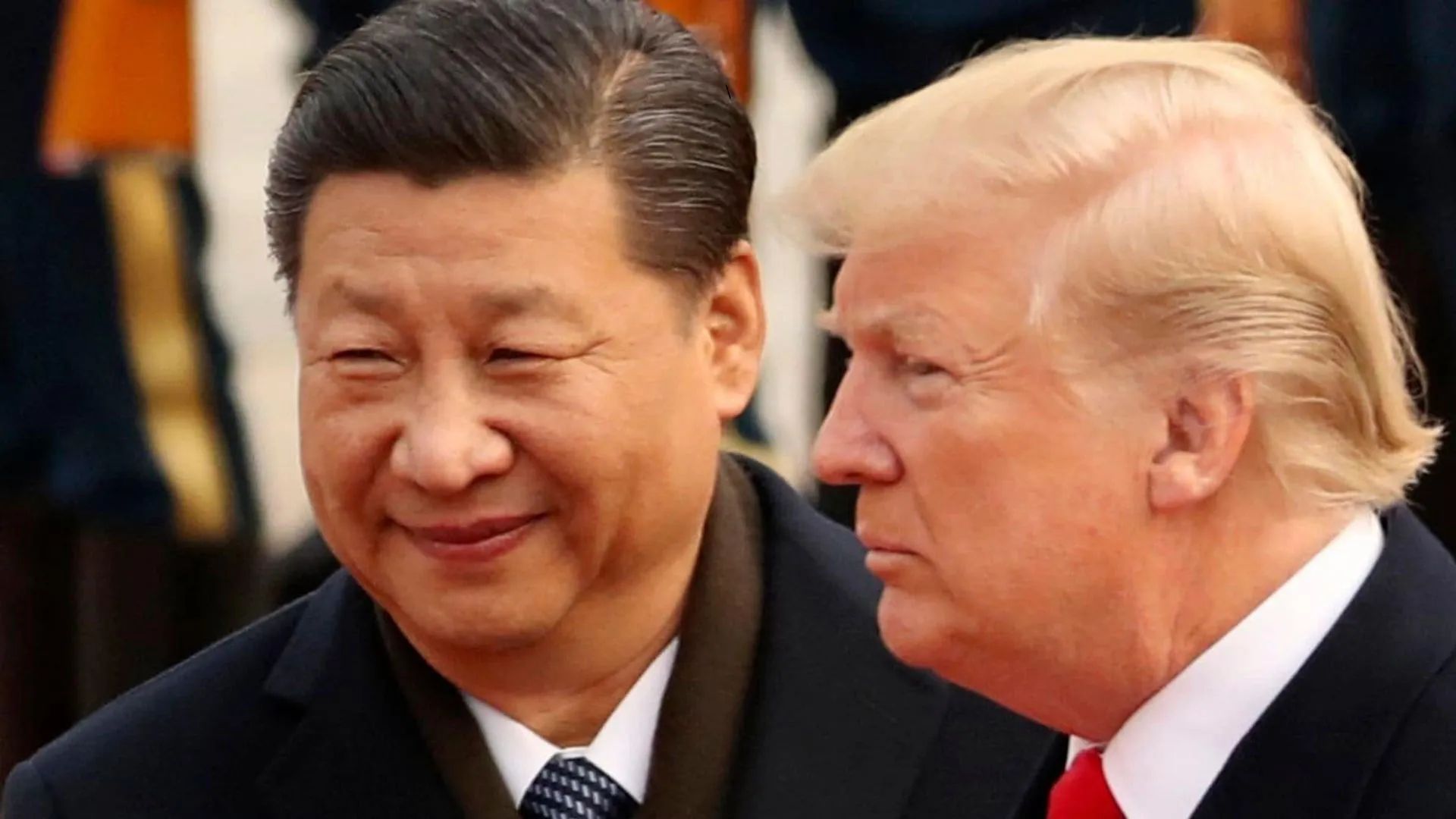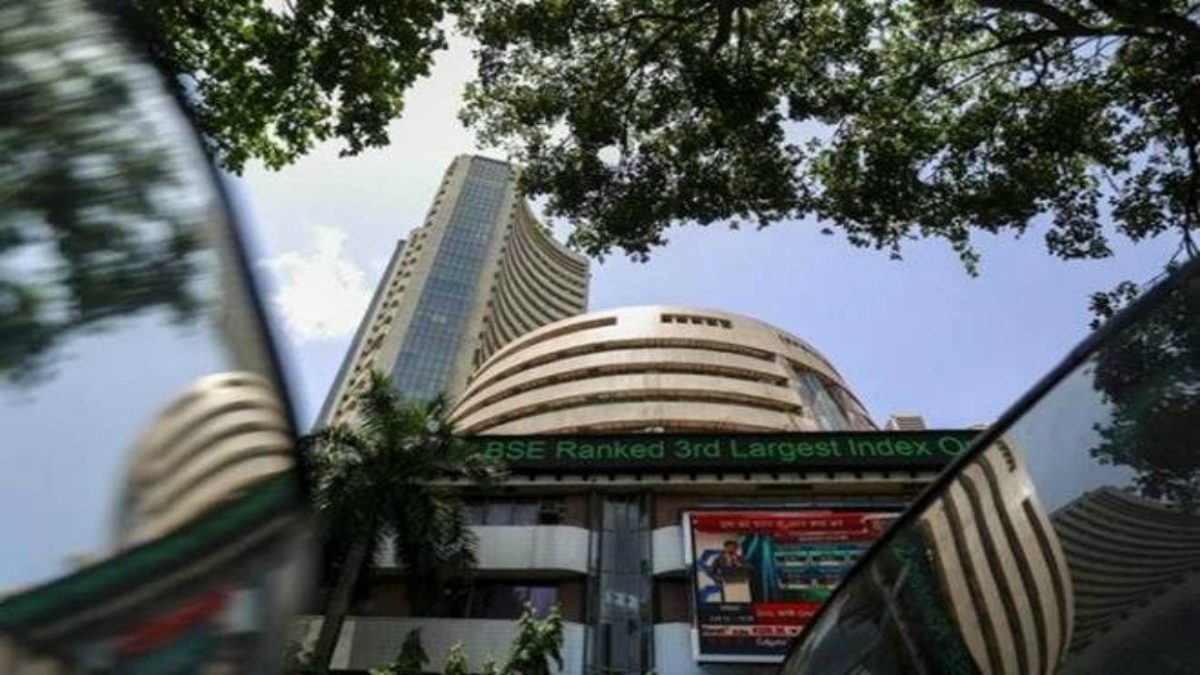The work-life balance debate gained new attention after SN Subrahmanyan, Chairman of Larsen & Toubro (L&T), suggested employees work up to 90 hours a week. His comments sparked strong reactions online, highlighting the growing divide over work culture.
Subrahmanyan’s Bold Stance
In a viral video, Subrahmanyan urged employees to work long hours. He said, “What do you do sitting at home? How long can you stare at your wife? How long can wives stare at their husbands? Go to the office and start working.” He added, “Honestly, I am sorry that I am not able to make you work on Sundays. I will be happier if I can make you work on Sundays, because I work on Sundays too.”
While his comments were controversial, he is not the only leader advocating for longer work hours.
Narayana Murthy’s Call for 70-Hour Weeks
Infosys co-founder Narayana Murthy also supports longer hours. In October 2023, he suggested young Indians work 70 hours a week to boost productivity. Speaking on a podcast, Murthy said, “India has the lowest productivity among all economies. Unless we reduce corruption and focus on hard work, we will not be competitive globally.” He added, “My request is that our youngsters must say ‘this is my country. I’d like to work 70 hours a week.’”
Elon Musk’s “No Limits” Approach
Elon Musk, CEO of Tesla and SpaceX, has long supported the idea of long hours. He once posted, “There are way easier places to work, but nobody ever changed the world on 40 hours a week.” Musk believes 80 hours a week is sustainable, but he cautioned, “Pain level increases exponentially above 80.”
Join to create exciting new worlds of technology!! If getting things done matters to you, then @SpaceX, @Tesla, @BoringCompany & @Neuralink are the places to be. https://t.co/p9deZP02Cz
— Elon Musk (@elonmusk) November 26, 2018
Jack Ma’s “996” Work Culture
Alibaba co-founder Jack Ma endorsed China’s “996” work culture, where employees work from 9 am to 9 pm, six days a week. He argued that those who work longer hours will receive the “rewards of hard work.”
Advocates from the Startup World
Ola CEO Bhavish Aggarwal disagreed with the idea of work-life balance. He argued that two-day weekends are a “Western cultural import.” He believes India’s traditional holiday system is more aligned with the country’s culture.
Zepto co-founder Aadit Palicha shared that his team works between 80 and 100 hours a week. Despite the stress, he said, “We love what we’re building, and we’re genuinely excited about what we’re creating.”
Shantanu Deshpande’s Advice to Young Professionals
Bombay Shaving Company CEO Shantanu Deshpande also stirred controversy by advising young professionals to work 18-hour days in their early careers. He said, “Worship your work. Whatever it is.” He believes focusing on work early in one’s career sets the stage for long-term success.
Anupam Mittal’s Work-Life Balance Philosophy
Shaadi.com CEO Anupam Mittal, however, disagrees with the idea that long hours lead to extraordinary success. He said, “You are not going to achieve anything extraordinary in life by counting the hours that you are putting in.”
Support for Work-Life Balance
On the other side, some prominent figures advocate for work-life balance. JPMorgan Chase CEO Jamie Dimon stressed the importance of making time for personal commitments. He believes individuals should not blame their jobs for lack of balance.
RPG Group Chairman Harsh Goenka and Emcure Pharmaceuticals’ Namita Thapar also oppose hustle culture. Thapar, in a debate with Mittal, emphasized the importance of mental health and family time. She believes these should not be compromised for professional success.
The Growing Divide
This debate reflects a growing global divide over work culture. While some leaders call for longer hours, others stress the importance of a balanced life for long-term well-being and success. The discussion continues, as both sides make their case for the ideal work schedule.























